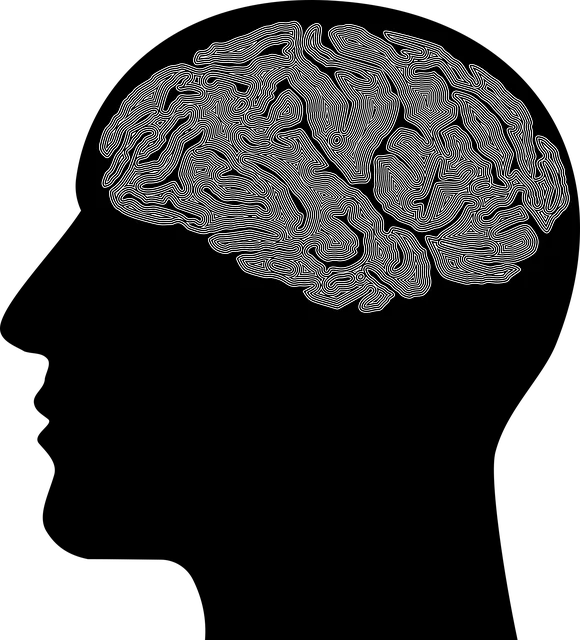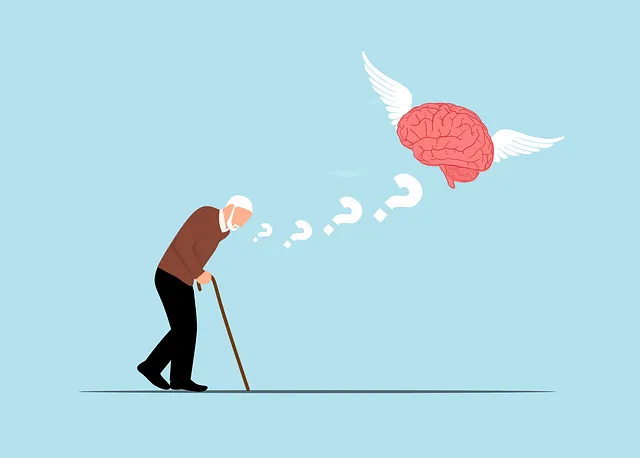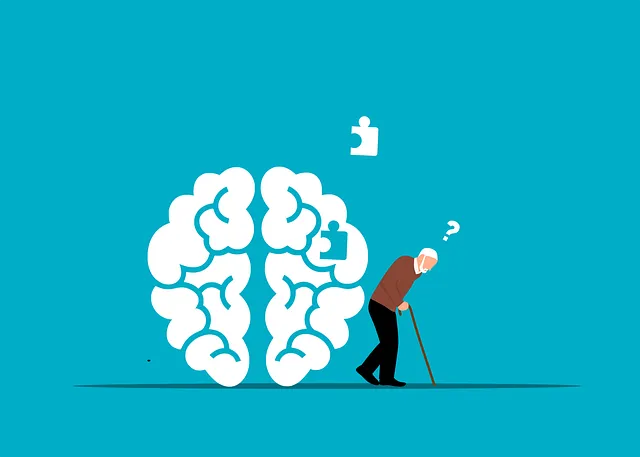Positive thinking exercises recommended by healthcare providers like Kaiser, accessible through their Centennial services, are powerful tools for cultivating mental well-being. Practices such as gratitude journaling and mindfulness promote optimism, emotional regulation, and resilience. Incorporating these daily habits offers long-term benefits, reducing stress, anxiety, and depression while enhancing decision-making, relationships, and productivity. Kaiser's comprehensive mental health services, including Compassion Cultivation programs and cultural competency training, empower residents to take control of their mental health journey, leading to significant positive transformations.
“Unleash the power of positivity! This comprehensive guide explores the transformative impact of Positive Thinking Exercises (PTEs) on mental well-being. We demystify these powerful tools, offering a roadmap for individuals seeking improved mental health. Learn how accessing Kaiser’s extensive network of mental health services can facilitate your journey. Discover practical steps to integrate PTEs into daily life and uncover long-term benefits through inspiring real-life success stories. For Centennial residents, this resource provides a clear guide on how to avail of Kaiser’s mental health support.”
- Understanding Positive Thinking Exercises: A Gateway to Mental Well-being
- Accessing Kaiser's Mental Health Services: A Comprehensive Guide for the Century
- Practical Steps to Incorporate Daily Positive Thinking Exercises
- Long-Term Benefits and Real-Life Success Stories: Celebrating Positive Change
Understanding Positive Thinking Exercises: A Gateway to Mental Well-being

Positive thinking exercises are a powerful tool for cultivating mental well-being and enhancing overall life satisfaction. These practices, often incorporated into various therapeutic approaches, aim to reframe negative thoughts and emotions, promoting a more optimistic outlook. By understanding and embracing these techniques, individuals can unlock a gateway to improved mental health, as evidenced by the growing emphasis on Mental Health Awareness initiatives globally.
Centennial how to get mental health services through Kaiser and other healthcare providers often recommend compassion cultivation practices and emotional regulation strategies as part of their holistic wellness programs. These exercises encourage self-reflection, mindfulness, and positive affirmations, helping individuals navigate life’s challenges with greater resilience. Through regular practice, one can transform their mindset, fostering a sense of inner peace and positivity that resonates in all aspects of daily life.
Accessing Kaiser's Mental Health Services: A Comprehensive Guide for the Century

Accessing Kaiser’s Mental Health Services offers a comprehensive guide for individuals seeking support in the 21st century. Kaiser Permanente, known for its extensive healthcare network, provides an array of mental health services designed to cater to diverse needs. Whether you’re navigating anxiety, depression, or other mental health challenges, understanding how to utilize these resources is essential.
The journey begins with recognizing the various options available through Kaiser. Their healthcare providers offer individual therapy, group counseling sessions, and specialized programs focusing on evidence-based practices like Compassion Cultivation. Moreover, Kaiser’s commitment to Healthcare Provider Cultural Competency Training ensures that patients from diverse backgrounds receive attentive care. By addressing Mental Illness Stigma Reduction Efforts, Kaiser aims to create a supportive environment, encouraging individuals to seek help without hesitation. Through this comprehensive guide, Centennial residents can take the first step towards improving their mental well-being.
Practical Steps to Incorporate Daily Positive Thinking Exercises

Incorporating daily positive thinking exercises into your routine can significantly enhance mental well-being. Start by setting aside a dedicated time each day for practice; this could be as simple as 10 minutes in the morning or before bed. Begin with a clear mind, and use techniques like gratitude journaling to reflect on three things you’re thankful for. This practice not only shifts your focus to the positive aspects of life but also cultivates a sense of contentment and appreciation. Remember, it’s essential to make this a consistent habit; over time, it becomes a natural part of your day.
For those seeking more structured guidance, considering resources like Kaiser’s mental health services or even cultural competency training for healthcare providers can be beneficial. These initiatives often include strategies for promoting positive thinking and resilience. Additionally, exploring community support groups or engaging in activities that foster mindfulness and emotional well-being—such as meditation, yoga, or art therapy—can complement these exercises. By integrating such practices into daily life, individuals can build mental resilience and improve overall mental health.
Long-Term Benefits and Real-Life Success Stories: Celebrating Positive Change

Engaging in regular positive thinking exercises can lead to significant long-term benefits for mental health and overall well-being. Studies have shown that cultivating a positive mindset can reduce stress, anxiety, and depression, fostering resilience and emotional intelligence. This improved emotional state translates into better decision-making abilities, enhanced relationships, and increased productivity – both personally and professionally. For instance, healthcare providers who incorporate resilience building strategies as part of their routine often report lower rates of burnout, enabling them to deliver higher quality patient care over extended periods.
Real-life success stories further underscore the power of positive thinking. Many individuals who consistently practice these techniques have shared remarkable transformations. They speak of increased confidence, improved coping mechanisms for challenging situations, and a heightened ability to pursue their passions. For those seeking mental health services, Kaiser offers comprehensive programs through its network, including resources tailored to help individuals develop emotional intelligence and implement burnout prevention strategies. By embracing positive thinking exercises, people can take control of their mental health journey and celebrate the profound positive changes that come with it.
Positive thinking exercises offer a powerful tool for enhancing mental well-being, as evidenced by the long-term benefits highlighted in this article. By integrating these practices into daily routines, individuals can navigate life’s challenges with greater resilience and optimism. For those in the Centennial region seeking support, accessing Kaiser’s mental health services provides comprehensive guidance, ensuring everyone has the opportunity to thrive. Remember, embracing positive thinking is a journey; consistent practice leads to profound transformations, fostering a happier and healthier mindset.






